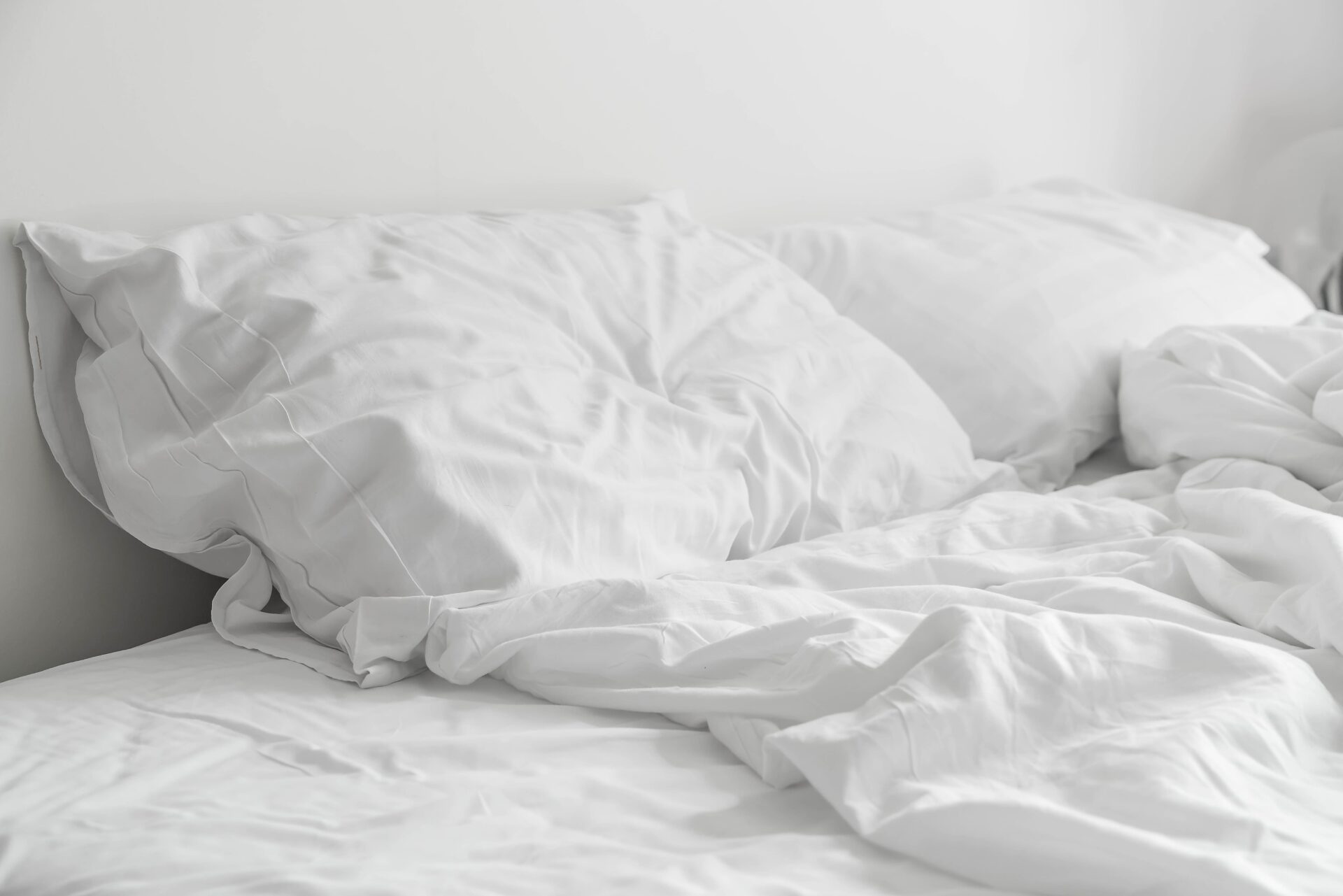Are you getting enough sleep? Here are 9 signs you might not be getting enough sleep, along with tips on having better sleep hygiene.
Sleep is an essential body function that allows our bodies and minds to recharge. It leaves us refreshed and alert when we wake up every morning. A healthy sleep cycle helps our bodies remain healthy and protect us from diseases. Without enough sleep, our brains cannot function properly, impairing our ability to think clearly, concentrate, and even process memories.
Work schedules, day-to-day stressors, a disruptive bedroom environment, and medical conditions can all prevent getting enough sleep. Having a healthy diet and lifestyle habits helps get adequate sleep each night. However, chronic lack of sleep may be a sign of a sleep disorder for some people.
Most adults need seven to nine hours of sleep every night. Children and teenagers need substantially more sleep, especially if they are younger than five years old.
Article content:
- Signs you’re not getting enough sleep
- How sleep deprivation affects you
- How to get the sleep you need
- Talk to a professional
Signs You’re Not Getting Enough Sleep
You’re probably sleep-deprived and not getting enough sleep if you:
- Feel drowsy or fall asleep during the day, especially during calm activities like driving or watching a movie.
- Fall asleep within 5 minutes of lying down.
- Need an alarm clock to wake up on time every day.
- Feel groggy in the morning and throughout the day
- Have a hard time getting out of bed in the morning
- Experience mood changes
- Increasingly forgetfulness
- Have trouble focusing on tasks throughout the day
- Sleep more on weekends or days when you don’t have to wake up at a particular time
How Sleep Deprivation Affects You
Too little sleep can cause the following:
- Memory problems
- Feelings of depression
- Lack of motivation
- Irritability
- Slower reaction times
- A weakened immune system
- Stronger feelings of pain
- Higher chances of high blood pressure, diabetes, heart attack, or obesity
- A lower sex drive
- Wrinkled skin and dark circles under your eyes
- Overeating and weight gain
- Trouble solving problems
- Bad decision-making
- Hallucinations
Studies make it clear that sleep deprivation is dangerous. People who missed some sleep before getting into a driving simulator or doing a hand-eye coordination task perform as poorly as or worse than people who had been given alcohol.
How to Get the Sleep You Need
Healthy habits can help you sleep better and longer
Stick to a sleeping schedule. Make sure you go to sleep and wake up at the same time every day, even during weekends. This reinforces your circadian rhythm to promote healthy sleep-wake cycles.
Write down your thoughts. Don’t take stress to bed. Research indicates that writing down your worries, to-do lists, and thoughts on paper during the day can help you fall asleep faster at night.
Exercise & get outside. 30 minutes of moderate exercise and sunshine during the day make it easier to sleep. They give you a serotonin boost too!
Avoid or limit stimulants caffeine can make you alert during the day, but even one or two cups early in the day can still disrupt your sleep at night. Similarly, while alcohol can help people fall asleep, it leads to more sleep problems at night.
Create a bedtime routine. Avoid bright lights, large meals, and electronics devices before bed. Try things that help you relax, like a hot bath or reading a book in dim lighting.
Switch off and unplug before bed. Don’t take your phone or other devices to bed, as blue light delays the release of sleep-inducing melatonin, increases alertness, and can set back your internal sleep clock. If you must use your device, use features that reduce blue light exposure like Night Shift in Apple products and f.lux for Android devices.
Block out noise & light. Light exposure and noise interfere with sleep quantity and quality, so a quiet and dark room is essential for a good night’s sleep.
Create a sleep sanctuary. Keep your bedroom dark, quiet, and at a comfortable temperature. Make sure your bed is a sleep-only zone. It can be an intimacy and reading zone, too; just leave work at your desk and meals in the kitchen. It’s easier to fall asleep if your brain should only associate bed with sleep.
Don’t force it. If you find yourself tossing and turning awake in bed, get up and do something quiet, like reading, until you feel sleepy. Journaling may also put nagging thoughts to bed.
Talk to a professional
A mental health condition or a sleep disorder might actually be causing your sleep problems. Talking to a mental health therapist can help you through any mental health challenges hindering your sleep cycle. An online platform like Ayadi has a network of over 50 qualified bilingual therapists who understand our culture and traditions; you can access high-quality mental health care that is affordable, 100% confidential, and judgment-free.

